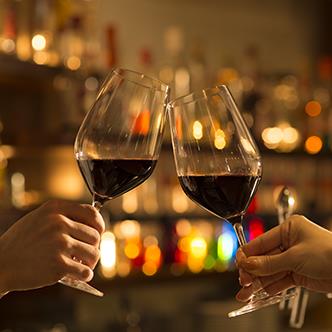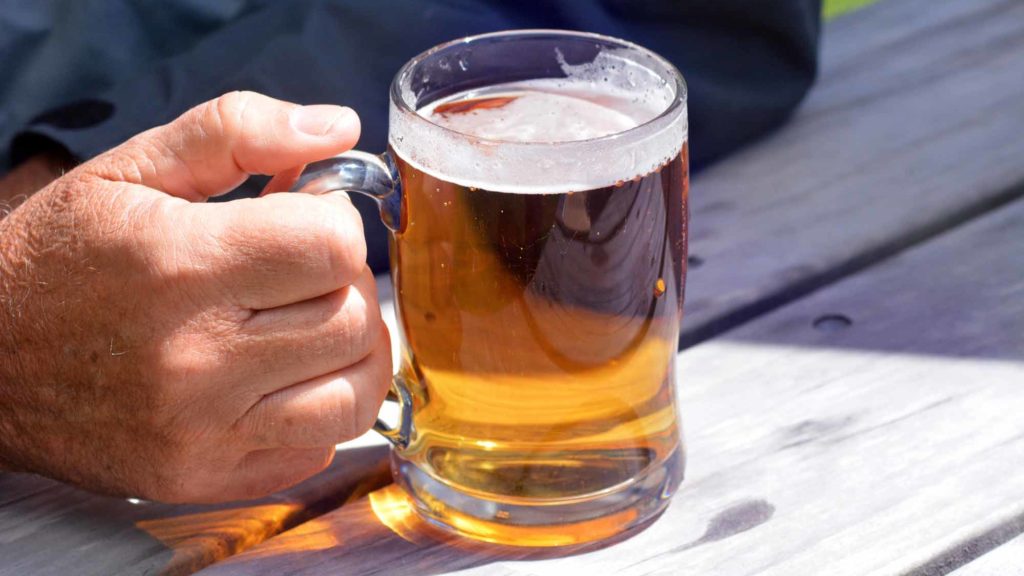

This school-based survey of secondary school students collects information on alcohol use by using self-completed questionnaires. (Also see: Sources and Definitions, Binge alcohol use Heavy alcohol use.) And thanks to the pandemic, Americans are drinking more and they're drinking worse.Measured differently in the following data systems. The bottom line: Alcohol is a drug, and an increasingly legal and available one that is the third-leading cause of preventable death in the U.S.

What's next: It's too early to know how the return to in-person socializing will affect drinking trends, though a number of states have moved to extend more liberal pandemic-era alcohol regulations like allowing bars to sell to-go cocktails.

Of note: While the pandemic was a global stressor, drinking more was mostly an American response - a recent survey found Europeans, with the exception of the British, drank less in the first months of the pandemic.įlashback: We still have a long way to match the tippling habits of our forebearers - Julian noted the average American adult in 1830 drank three times as much as we do now, much of it whiskey that was often cheaper than milk.
Alcohol consumption movie#
Over the same years, alcohol seeped its way out of bars, restaurants and homes and into once-dry areas of daily life, with movie theaters, coffee shops and supermarkets selling alcohol and/or allowing consumption on site, while the rise of products like spiked seltzers and alcopops widened the market for booze.After more than a decade of declining alcohol consumption, per-capita alcohol consumption increased by 8% between 19 and the number of alcohol-related deaths per year doubled to nearly 70,000.But pandemic tippling occurred against the backdrop of years of growing alcohol consumption and pushed some people toward the particularly destructive habit of solitary drinking. Another survey conducted by the American Psychological Association this year found nearly one in four Americans reported drinking more specifically to combat pandemic-related stress, and a separate study found women had a greater increase in excessive drinking than men, to the point that their intake levels were almost equal.īetween the lines: It shouldn't be a surprise that many Americans responded to the stress of the pandemic by turning to the bottle - similar spikes were seen following traumatic events like 9/11 and Hurricane Katrina.A survey from late 2020 found 75% of Americans increased their alcohol intake during the pandemic to include at least one more day per month, while women, in particular, increased their alcohol intake by 39% compared to 2019.

And as the pandemic wore on, so did Americans' drinking.
Alcohol consumption full#
Why it matters: Excessive drinking is connected to a variety of health and social ills, but the growing ubiquity of alcohol in daily life can make cutting back harder than ever.īy the numbers: Americans started drinking more as soon as the pandemic began in full last year - data from Nielsen showed a 54% increase in national alcohol sales year-on-year in the week ending on March 21, 2020. Americans responded to the stress of the pandemic by drinking more - a lot more for some - and there's a risk that those habits could stick.


 0 kommentar(er)
0 kommentar(er)
